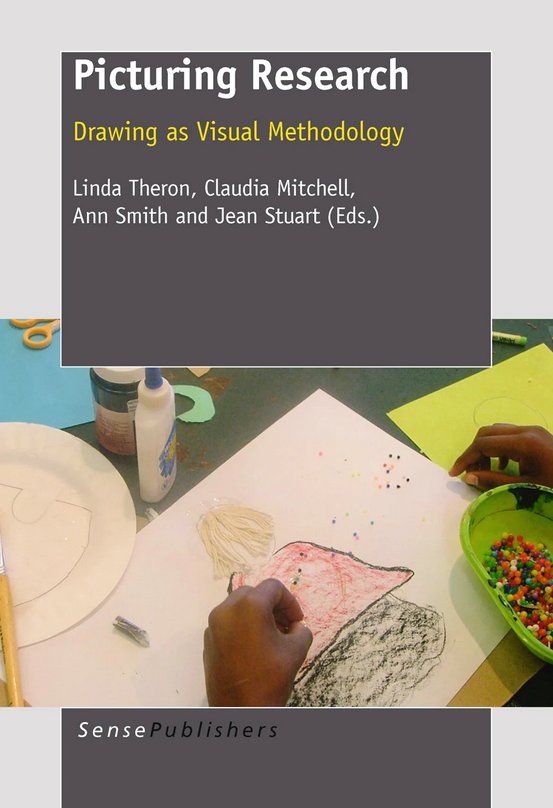About my research
I explore why and how South African youth, who have been placed at risk for negative life outcomes, resile. In our social ecology many young South Africans are placed at risk by multiple challenges (think of poverty, HIV&AIDS, child-headed households, escalating divorce rates, ineffective schooling, and so forth). These challenges are likely to remain with us for many years to come, and so it is imperative that we learn more about how and why some young people beat these odds. This knowledge will support parents, schools, communities, elders and leaders, service providers, mental health professionals – in short those who care and should care about youth – to partner with youth towards positive adjustment. More particularly, we need to understand how South African communities and youth define resilience, and how our youths’ processes of resilience are embedded in local culture. The bulk of resilience theory has originated in non-African contexts – dare we assume that western theories explain local youth resilience completely? Thus, an understanding of how South African youths’ resilience mechanisms are similar to and distinct from those that are reported in the western literature is crucial in order that we can partner with youth towards resilience in ways that celebrate indigenous resilience processes.
There is growing global interest in how culture matters for resilience. To this end, in collaboration with Dr Linda Liebenberg and Dr Michael Ungar (Resilience Research Center, Dalhousie University, Canada), I have edited a book entitled Youth Resilience and Culture: Commonalities and Complexities. Using research from majority and minority world contexts, this book highlights that non-stereotypical, critical appreciation of the cultural systems in which youth are embedded and/or affiliate with is pivotal to comprehending why particular resilience processes matter for particular youth in a particular life-world at a particular point in time. In so doing, this volume – which is currently in press, Springer – sensitizes readers to the importance of accounting for the influence of cultural contexts on resilience processes, and to the danger of conceptualising and/or operationalising resilience, or culture, or their interplay, simplistically or idealistically.
This study of resilience would not be possible without the inputs of young South Africans who have volunteered to participate in my research, or those of adults and elders from their communities. See video to hear part of the stories of two such participants. Motivated post-graduate students, and local and international colleagues who are passionately concerned with understanding the processes of youth resilience, are partners in this exploration too.
To understand resilience, I employ predominantly participatory qualitative research designs, with a preference for phenomenological interviews, life narratives, and visual methodologies (particularly participant-generated drawings). My co-edited book, “Picturing Research” explains this participatory methodology in detail. The value of qualitative methodologies in the study of resilience, is how they give voice to youth and community members who are often voiceless. Without their voices we would struggle to truly comprehend their resilience.


